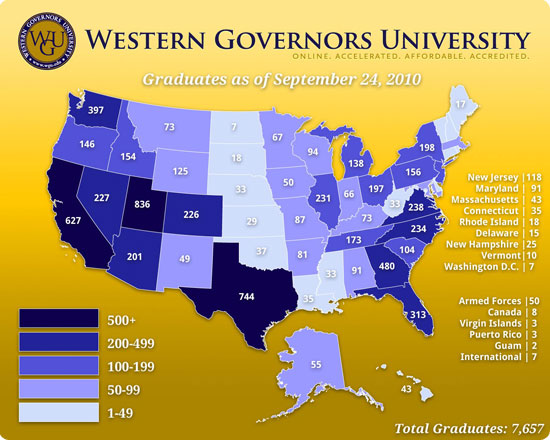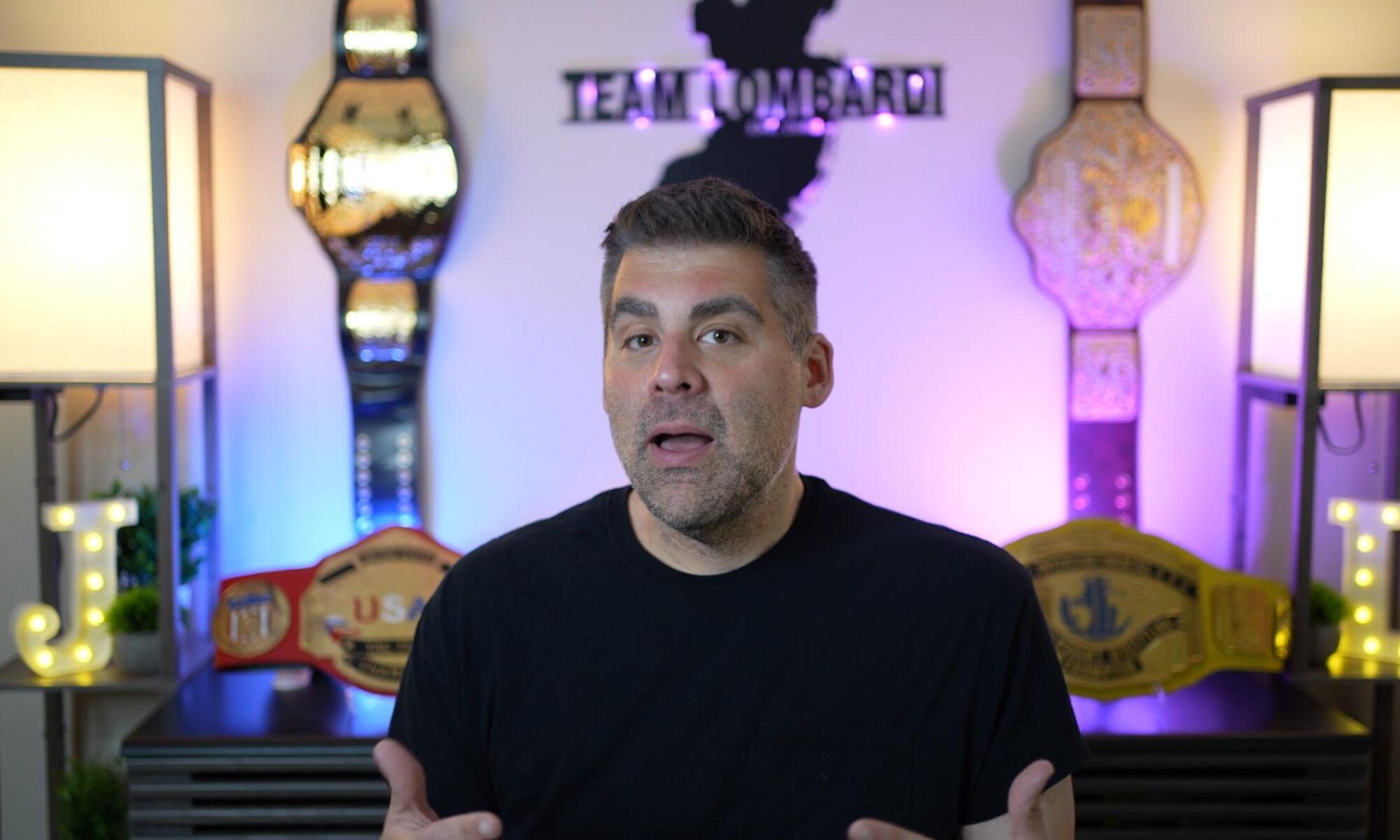[Background]
In the summer of 2009 I decided enough was enough – it was time to finally go back to school and get my masters degree. My big hurdle was the GMATS (standardized test similar to the SATS for graduate school) – I completely forgot how to do the math. Back in 2007 I enrolled in a very expensive 10 week prep class at Drexel University that was terrible. I will admit to being distracted due to looking for a house and planning for a wedding. I decided to put the MBA on hold until after the wedding.
Back to summer of 2009 – I still had not started school. I realized if I did not start soon, it wasn’t going to happen. Mentally, I felt like I was losing a step; work was getting repetitive and I just felt “bla”. Since I wasn’t looking for kinky experiences, I had excellent success finding actual teachers on Craigslist (hi GTT!). I quickly found Adam (I don’t have a fun nic-name for him yet) and we spent a year on and off getting me ready.
As the economy imploded, I was reading books about politics, the economy, and education (Adam and I met at a library for our classes, so I borrowed dozens of books during the year). My cousin Vince was about to start college as well, so hearing what his issues and concerns were 10 years after I went through it made me even more motivated to research. I concluded that the entire educational system was broken. If you don’t want to read the article, I basically call out the high cost and poor quality of the education. Families are being saddled with insane costs and there is no guarantee that there will be a job waiting for little Johnny when he graduates anymore.
A few of the books that I read mentioned Western Governors University as a model for how education should be. The school was accredited, cheap, online, and rewarded you for knowledge you already had (you could test out of classes). After a few weeks of research, I decided “what the hell” and enrolled.
[Choosing the School]

WGU did not require students to take the GMATs, but an evaluation was needed. It was basic knowledge and did not present a problem. If you are going to ask me if I wasted my money with the GMAT tutor, I will say no; even though I did not take the test, prepping for the GMATs got me in the mode of doing homework and thinking critically again. I needed that boot camp to get ready (and I made a friend).
As soon as I expressed an interest, the school assigned a contact for me (actually two) and they answered my questions. Before I enrolled, I checked several message boards to see what the negative feedback was about the school. There wasn’t much, but there seemed to be some complaints about grading. I threw these questions at my contacts and they did a reasonable job of answering. Bottom line: with any remote school, at some point you have to say “screw it” and just sign up or move on.
One of my other concerns was “I never heard of this school, is this for real or is it just a diploma mill?” I found an article by Time Magazine proclaiming WGU “the best school you never heard of.” I felt better and found out that Google and the Bill and Melinda Gates Foundation invested in the school as well.
[WGU]
Once I was formally enrolled, I was assigned a mentor (Jim). He was a fast talking, no BS kind of guy and I liked him right away. He got me enrolled in the intro class (how the school functions which is important since it is online) and set up a weekly call moving forward.
As I progressed through the intro and added more classes to my schedule, I was shocked how the courses were directly linked to what I was doing at my job. My classes in supply chain, strategic direction, and even HR were giving me tactics that I was immediately applying. Since the school uses a combination of text books and recent articles, I am forced to read about trends in the economy and my profession that I would have ignored. The supply chain class helped me have an educated conversation with the new director of my department a few weeks ago. Like I said, very timely.
The way the MBA classes are organized work for me – no tests, but a lot of reading and long papers (I know undergraduate classes are structured differently). I could see how that might not work for some people who are looking for a more traditional experience. Since I am a fast reader and I like to write (hence this blog), it is a very natural fit. The school also utilizes online training modules that my employer also offers (skillsoft) – which feels familiar, but I am not a fan of the technology (the screens are too slow, I like to skip around and then go back and focus on important things), I usually try to find articles in the library to supplement the modules.
I started in July and managed to complete 6 classes (including the intro which does not really count). Since I have never been enrolled in another MBA program, I can’t compare it to anything else, but in comparison to my undergraduate experience at Drexel University, I am very satisfied with the knowledge being transferred and the methods being used.
[Conclusion]
I have been skirting around on of the major questions surrounding higher education at the moment – do you really need an MBA? Honestly, I don’t know if having an MBA will do much for me in my current job (in terms of requirements) – but it has been helping in indirect ways as I mentioned earlier. I certainly understand my job better and since I have been taking the courses, I feel like I have been implementing a more strategic approach to my areas of influence. Should I leave my current position, I suspect having a graduate degree would make me more attractive to a new employer.
Since WGU is relatively cheap, it won’t take me a decade to complete (at most two years), and I am getting exactly what I want from it, it makes sense for me. I also want to teach part time at community colleges (just for fun) so having a graduate degree will help me with that goal. So far, I really like what WGU is doing (there have been a few hiccups, but certainly less than at Drexel) and I would recommend it to any working professional that wants to get a graduate or finish an undergraduate degree.
If you have questions about my experience, you can email me at “blog at joeylombardi.com”. It seems like WGU has not built a strong reputation in the East Coast yet:

I am happy to help get the information out there because I think it is a great school and should be a model to address many of the issues with the system today.



